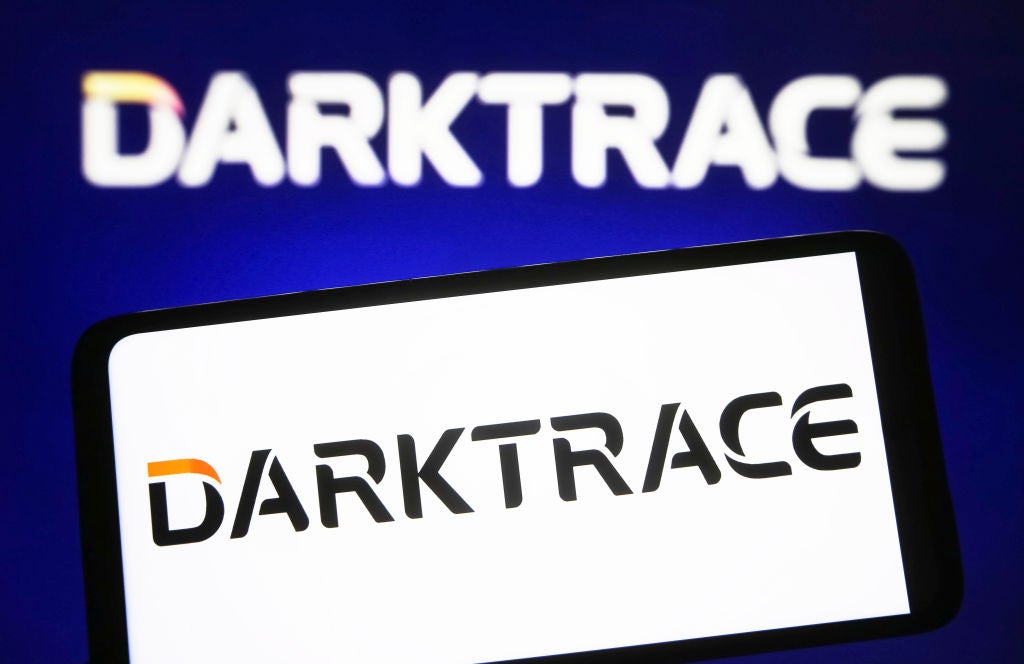
A new UK digital services tax (DST) could be brought in after the Chancellor of the Exchequer Philip Hammond spoke of “insisting that the global internet giants contribute fairly to funding our public services”.
The tax is specifically targeted at global internet giants such as Facebook and Google.
Hammond said at the Conservative conference 2018: “We can tell our children how we have led the debate on reforming the international tax system for the digital economy, insisting that the global internet giants must contribute fairly to funding our public services.
“The best way to tax international companies is through international agreements, but the time for talking is coming to an end and the stalling has to stop, so if we cannot reach an agreement, the UK will go it alone with a digital services tax of its own.”
European ideas for a digital services tax
Hammond has not explained yet what the DST in the UK will look like, but there have been other proposals for the tax in the European Union.
The European Commission’s digital services tax proposals were issued in March 2018 and included an interim 3% digital services tax on gross revenues or turnover.
How well do you really know your competitors?
Access the most comprehensive Company Profiles on the market, powered by GlobalData. Save hours of research. Gain competitive edge.

Thank you!
Your download email will arrive shortly
Not ready to buy yet? Download a free sample
We are confident about the unique quality of our Company Profiles. However, we want you to make the most beneficial decision for your business, so we offer a free sample that you can download by submitting the below form
By GlobalDataThe tax would apply to companies with total annual worldwide revenues of €750m or more and that have annual EU taxable revenues of €50m.
It would apply to revenue made from user-targeted advertising on the company’s interface, data transmissions from data collected and social networking that could lead to the supply of goods or services.
EY said in a report in August 2018 that “The United States has stated on record that it is opposed to tax policies and proposals that single out digital companies.”
The report also said: “Resistance by the EU Member States to the Commission’s interim proposals may be based on concern about US retaliation at a time when trade tensions are particularly high.”
Effects of a UK digital service tax
Dom Hallas, executive director of The Coalition for a Digital Economy said: “The real losers from a revenue-based digital tax like what Philip Hammond seems to be pursuing will not be the tech giants, but growing British tech businesses.”
Global & UK Tax Policy leader at EY, Christopher Sanger told Verdict: “The debate on the taxation of digital has now moved onto a debate about which country should have taxing rights over the income. The push at the EU level is towards a longer-term change, which reallocates the taxing rights and ensures that the profits are taxed once.
“However, the development of the Digital Services Tax as a turnover tax is a recognition that this is going to take time to agree. In the meantime, governments are acting to seek to tax what they consider to be their share of the activity, moving beyond profit taxes and supplementing them with turnover taxes. This will inevitably lead to the activity being taxed twice and sometimes taxes being paid even where there are no profits at all.
“The UK’s confirmation that it will act alone if necessary reinforce the pressure on the EU to develop an agreed approach. Beyond the obvious problems of double taxation and imposing burdens on businesses with no profits, the creation of different turnover tax regimes by different countries adds the risk of complexity and confusion as the rules are likely to differ in each country.”
Director at the Tax Justice Network Liz Nelson said about Hammond’s proposal: “While this looks, on the surface, like a useful new policy measure to bring the tech giants into line, there are other currently existing tools in the Governments armoury to address tax dodging.
“First, it is important that the UK resources and ensures it has a robust regulatory system; specifically that HMRC have the resources to track down corporates who avoid tax. Enforcing compliance of corporation tax, closing the tax avoidance loopholes.”
Digital service tax instead of Google tax?
Hammond has already tried to impose a tax against internet companies that legally avoid tax by moving profits overseas.
It was called “Google tax” and Hammond talked about raising £200m a year from it in his November 2017 budget speech.
He described it as an “income tax to royalties relating to UK sales when those royalties are paid to a low tax jurisdiction”.
The idea of Google tax was introduced by former chancellor George Osborne to target global technology companies such as Google.
Osborne’s Google tax was a diverted profit tax of 25% on profits artificially diverted abroad.
In January 2016, he controversially claimed the resulting tax deal for £130m with Google as a major success.




